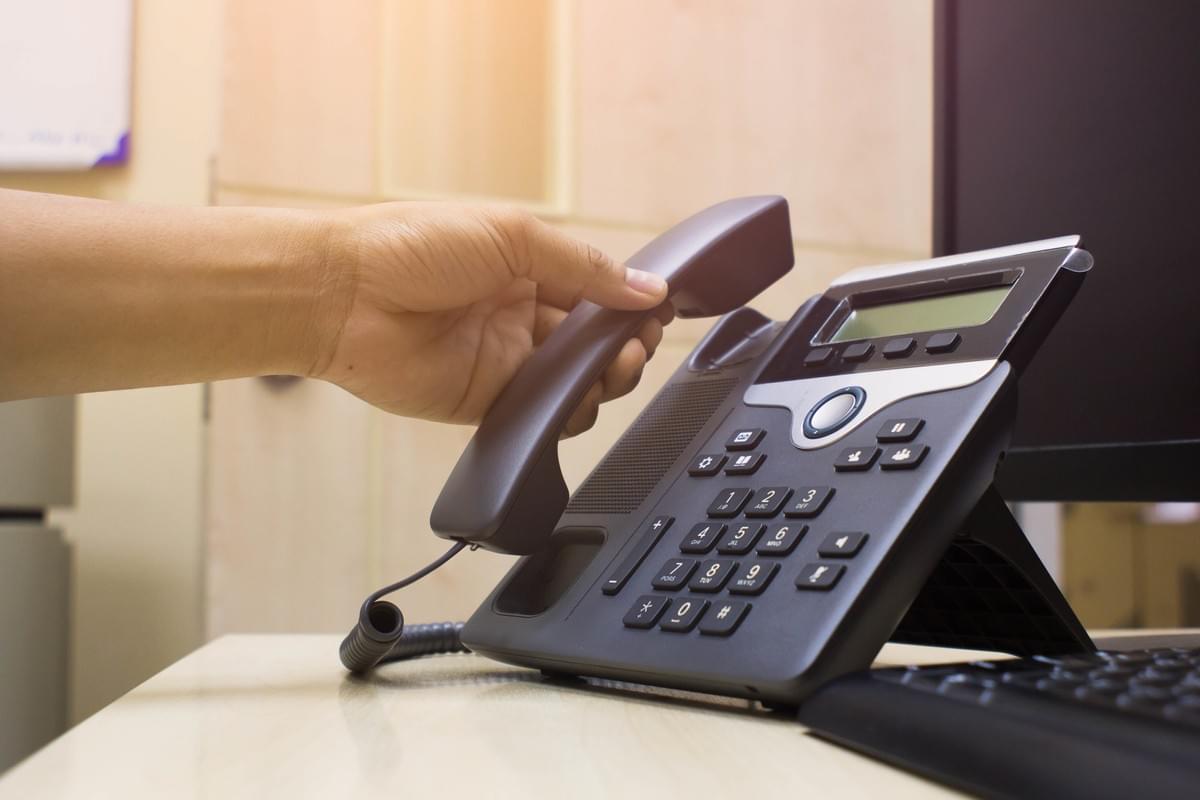
The IP PBX System Bahrain consists of an integrated collection of hardware and software that allows a business to communicate with external contacts and partners in a cost-efficient manner. The term "telephone" actually refers to both telephone systems and the interconnecting cables and wirings that facilitate their use. A business telephone system is usually a multiline phone system usually utilized in business environments, consisting of systems ranging from the bare minimum key phone system to a private branch exchange. Business phone systems are crucial to small businesses and home offices that need to communicate with other establishments involved in their respective fields of operation.
A typical business telephone system typically consists of four essential elements: the PBX, or personal communications appliance, the mainframe, which controls all of the communications within the enterprise, and the network, through which all the individual branch offices are connected to one another. The network consists of multiple internal switch boards, or switches, as well as remote site routers and switching equipment. The switches may be locally or toll-free. The local switches have access to a company's internal key telephone exchange or network; these switches are generally part of the private branch exchange (PBX), where calls are handled over the public switched network instead of over the company's internal telephone network. These switches also connect the various key office locations with the PBX. The key office locations typically include call waiting, conference calling, IVR systems, voice mail, and the company's virtual receptionist.
The PBX is the central unit of the business telephone system. This is also the primary interface with external call centers and other outside contacts. The PBX stores all of a company's incoming calls and dials them when needed. It also controls the rate of call forwarding and deposit balances. Calls are routed from the PBX to extensions based on the caller's designated extension number, and the number of seconds until the call is dropped or accepted. In addition, the PBX stores all incoming faxes and traffic information.
External communications are routed through the same business telephone number, which is then forwarded to the appropriate extension. All calls are subject to routing codes, which ensure that calls are going to the right recipient. In addition, the PBX transmits status messages, such as busy, in order that staff can be alerted to possible problems. These messages allow employees to report problem locations before they become a critical situation.
With the latest Grandstream Phones Manama offerings, the company can take advantage of features not available with earlier generations of VoIP equipment. One of these features is Jitterbug. Jitterbug is a voice-based system that is utilized for multi-tasking, which enables a business telephone system user to place voice calls while simultaneously utilizing an IP-based application that hosts voicemail, web, email and instant messaging applications. The ability to seamlessly transition from a jitterbug-based system to a traditional analog or digital phone system allows for a high level of customization.
With Jitterbug, a business telephone system can provide voicemail, email, web, and instant messaging features simultaneously, as well as the ability to host VoIP applications. These applications make it possible to host an array of applications, which can include calendar, contacts, task management and address book, which enables employees to schedule calls with ease. With this multi-line capability, it is now possible to place incoming phone calls with multiple extensions, as opposed to the prior limitation of single line calls. These new features can greatly improve the efficiency of business telephone systems. Knowledge is power and so you would like to top up what you have learned in this article at https://en.wikipedia.org/wiki/IP_PBX.